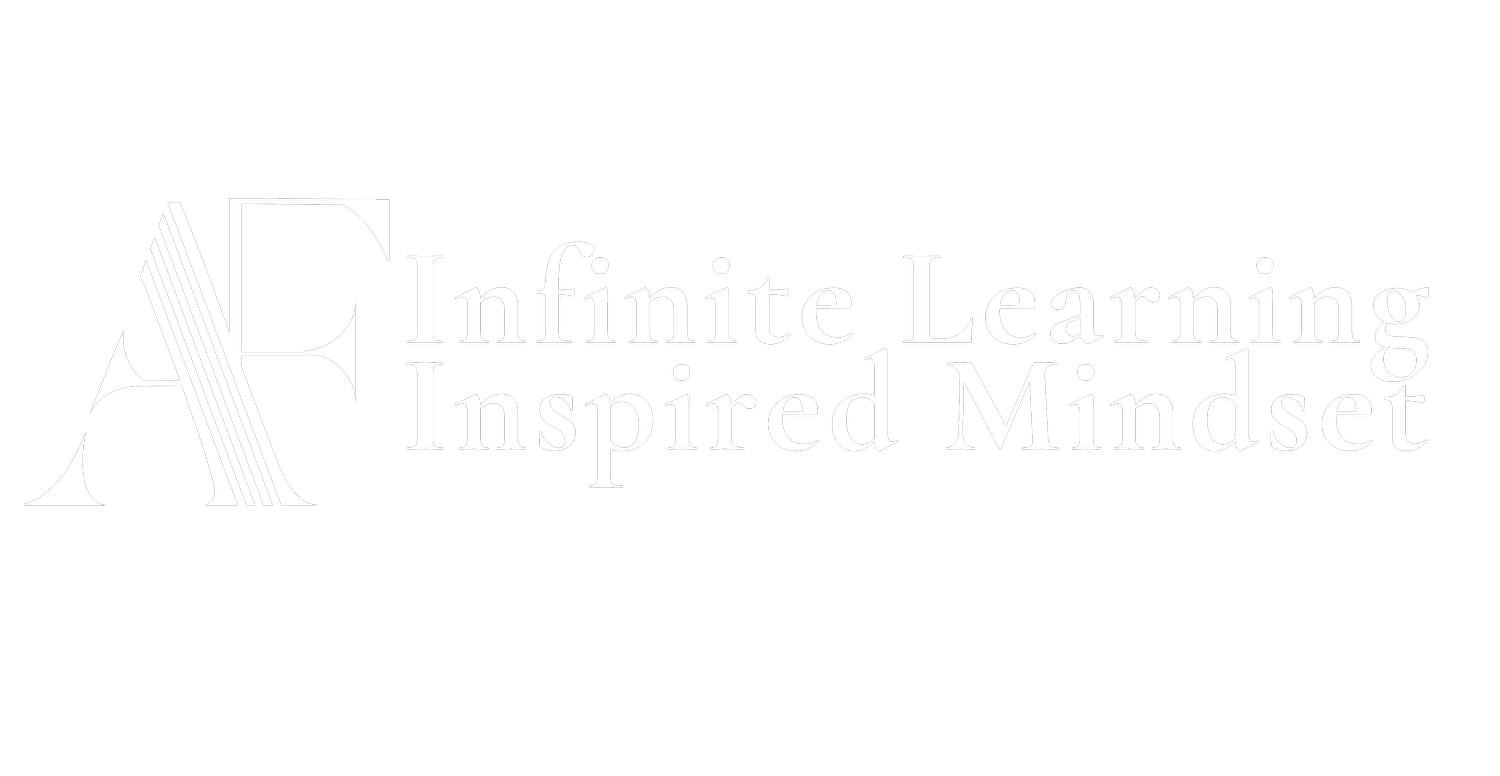Cultivating the Agile Mindset
This article was originally published in the Worcester Telegram.
Since the 1700s in America, technology has had a direct, and often disruptive, impact on the way we work. The Industrial Revolution created new jobs, as well as evolved or even destroyed existing jobs.
Take, for example, two American cities -- Worcester, and Detroit, where I grew up. Both cities thrived as a result of technological advances in manufacturing. Worcester became a vibrant center for the production of machinery, wire products, and power looms; Detroit gave birth to the auto industry. Both cities attracted droves of workers who supported bustling downtown areas.
Then, over time, disruption from new technological advances in manufacturing, marketplace competition and its geographical shifts, and the advent of malls displaced workers and damaged each city's economies.
Ultimately, disruption has upsides and downsides. Worcester has reinvented itself with investments in biotechnology and an expanded focus on health care. Detroit still struggles to recover. While overall, historically, as a society we have been able to adapt to disruption, the current warp-speed of invention and innovation has dramatically transformed the way we work from routine and secure, to changeable and unpredictable.
The way we work today will not be the way we work tomorrow; the career model of working in one job until retirement is a relic. So, too, is the old higher education model obsolete, whereby a student would earn a degree to prepare for a first job and a single career that would end at retirement. College graduates today will have more than 15 jobs by the age of 40.
It is imperative that higher education prepares each student for multiple jobs and careers, helping them develop the soft skills that will enable them to effectively adapt to disruption and reinvent themselves throughout their professional lives.
At Becker College, we call this the agile mindset.
An agile mindset values learning and adaptability over knowing. It consists of four competencies: empathy, to uncover insights and human needs in times of ambiguity; divergent thinking, to find, frame, and address problems not yet known; an entrepreneurial outlook, to create value in all that they do; and strong social and emotional intelligence skills, to collaborate with others to create solutions.
At Becker College, our core curriculum provides graduates not only with the knowledge to succeed in their chosen profession, but also with an agile mindset, so they have the soft skills required to navigate complexity and disruption and thrive in a volatile marketplace.
Never has the time been more right to disrupt higher education and the way we prepare young people to enter the workforce of tomorrow. A recent report by the Pew Research Center indicates that advancements in robotics and artificially intelligent devices will take over many tasks performed by people -- much in the same way machines replaced factory workers, receptionists, and clerical workers. This change will create new jobs that require technologically savvy and innovative human workers.
In "The Future of Knowledge Work," Intel Corporation predicts that the attributes of employment will revolve around work that "leverages human intellect, creativity, and analytic skills... such as problem solving, judgment, listening, data analysis, relationship building, collaborating, and communicating with multinational co-workers."
Disruption -- which has been embedded in our society since the founding of our country -- must begin now in higher education.
A college degree from any institution has no value to the graduate or society if it does not fully develop students who not only have knowledge, but also know how to effectively use that knowledge in innovative ways.
As I see it, the agile mindset effectively equips our graduates to embrace jobs that do not yet exist, to solve problems that have yet to be identified, and to weather the disruption that lies ahead.

